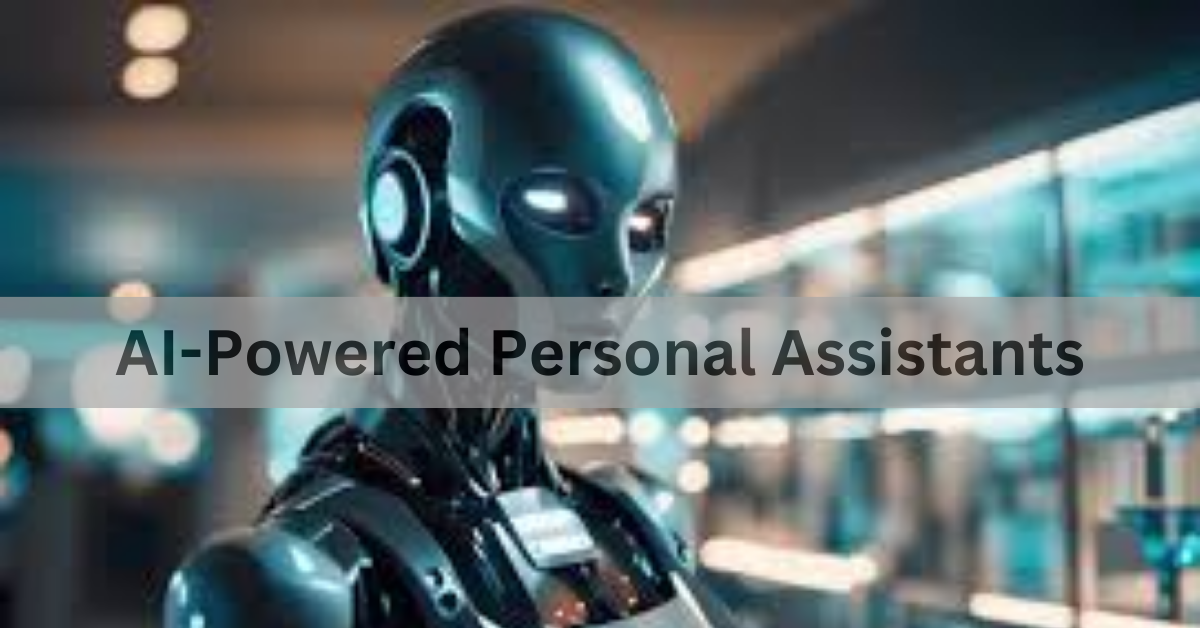Contents
Introduction to AI-Powered Personal Assistants
Artificial Intelligence (AI) has transformed many aspects of our lives, and one of the most notable advancements is the development of AI-powered personal assistants. These digital companions, like Siri, Alexa, and Google Assistant, are designed to help users with a variety of tasks, making everyday life more convenient and efficient. This article delves into the evolution, capabilities, benefits, challenges, and future prospects of AI-powered personal assistants.
The Evolution of AI-Powered Personal Assistants
The journey of AI-powered personal assistants began with simple voice recognition systems. Over the years, advancements in machine learning, natural language processing (NLP), and data analytics have significantly enhanced their capabilities. The early 2000s saw the introduction of basic voice command systems, but it wasn’t until Apple’s Siri launched in 2011 that the concept of a virtual assistant became mainstream. Since then, companies like Google, Amazon, and Microsoft have developed their own sophisticated AI assistants, continually improving their features and performance.
Key Capabilities of AI-Powered Personal Assistants
AI-powered personal assistants offer a wide range of functionalities designed to simplify tasks and enhance productivity:
- Voice Commands: They can perform tasks based on spoken commands, such as setting reminders, sending messages, and making phone calls.
- Information Retrieval: They provide quick access to information, answering questions about weather, news, and more.
- Smart Home Integration: They control smart home devices, including lights, thermostats, and security systems.
- Personalized Recommendations: They offer personalized suggestions for music, movies, and restaurants based on user preferences.
- Calendar Management: They help manage schedules, set appointments, and provide reminders.
- E-commerce Assistance: They facilitate online shopping by finding products, comparing prices, and completing purchases.
Benefits of AI-Powered Personal Assistants
The adoption of AI-powered personal assistants brings numerous advantages to users:
- Convenience: They streamline daily tasks, saving time and effort.
- Efficiency: They help manage schedules and provide reminders, enhancing productivity.
- Accessibility: They assist users with disabilities by offering voice-controlled functionalities.
- Personalization: They learn user preferences and offer tailored recommendations.
- Integration: They connect with various apps and devices, creating a seamless user experience.
Challenges and Considerations
Despite their benefits, AI-powered personal assistants come with certain challenges:
- Privacy Concerns: Users are often wary of data collection and potential misuse.
- Accuracy: While improving, AI assistants sometimes struggle with understanding complex or accented speech.
- Security: The integration with smart home devices raises concerns about potential vulnerabilities.
- Dependency: Overreliance on these assistants may reduce problem-solving skills and independent thinking.
The Future of AI-Powered Personal Assistants
The future of AI-powered personal assistants looks promising, with several trends shaping their development:
- Enhanced Contextual Understanding: Improvements in NLP and machine learning will enable assistants to understand context better, making interactions more natural and intuitive.
- Expanded Integration: They will integrate with more devices and services, offering even greater convenience and functionality.
- Proactive Assistance: Future assistants will anticipate user needs and provide assistance without being prompted.
- Increased Personalization: Advanced algorithms will allow for highly personalized user experiences.
- Improved Security and Privacy: Ongoing advancements will address current concerns, making interactions more secure.
Conclusion
AI-powered personal assistants are revolutionizing the way we manage our daily lives, offering unprecedented convenience and efficiency. While challenges remain, the continuous evolution of AI technology promises a future where these digital companions become even more integral to our daily routines. Embracing these advancements, while being mindful of the associated risks, can significantly enhance our quality of life. As AI continues to progress, the potential for AI-powered personal assistants is limitless, heralding a new era of intelligent, connected living.


